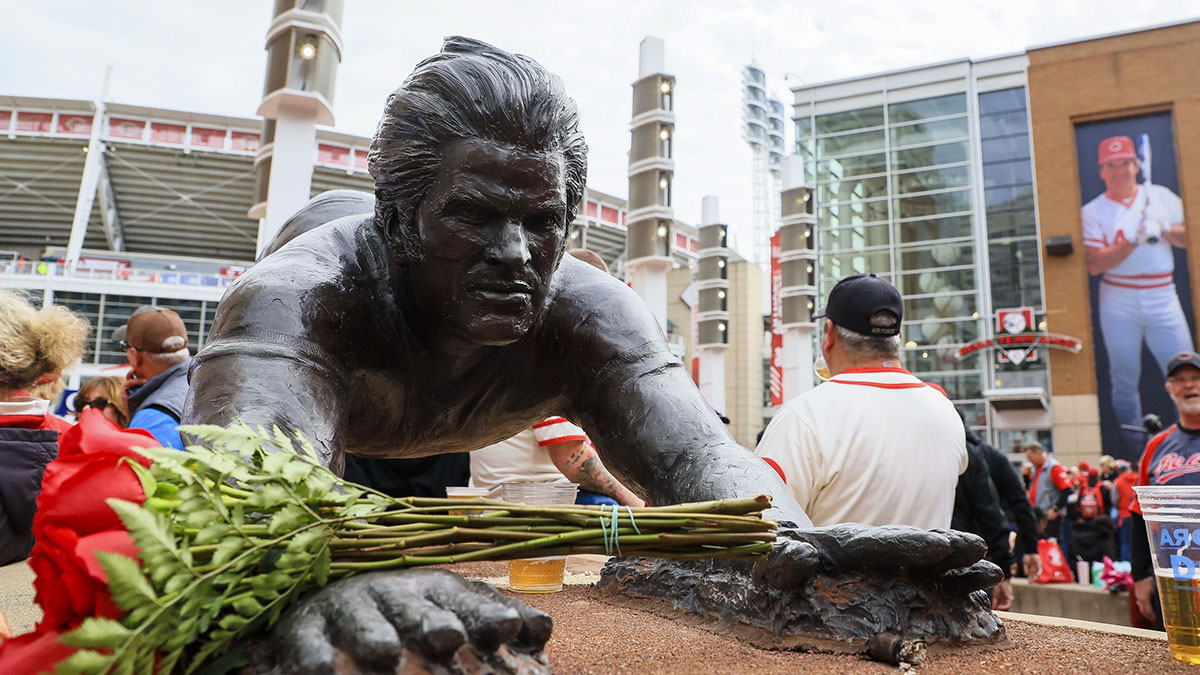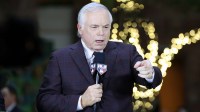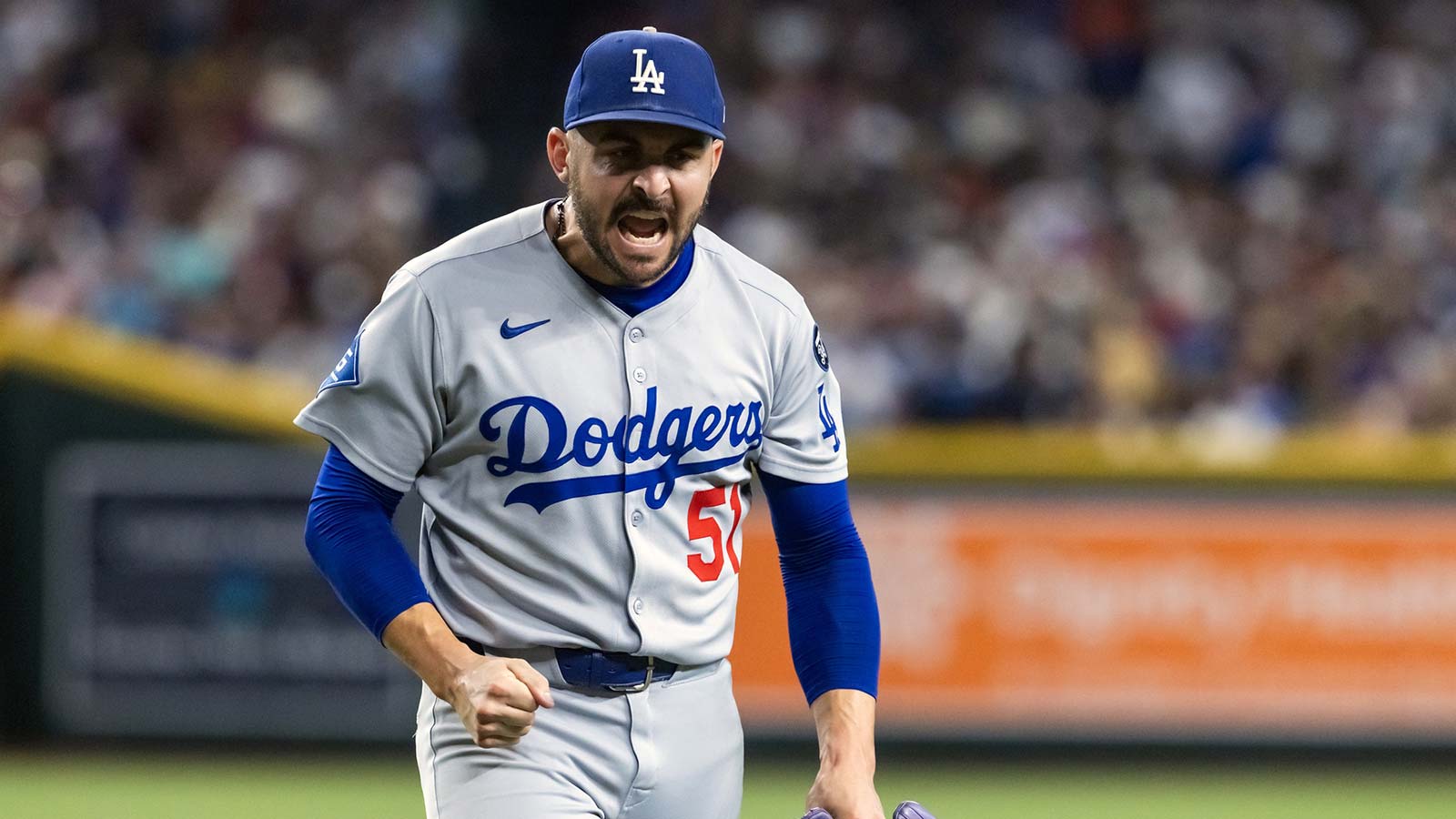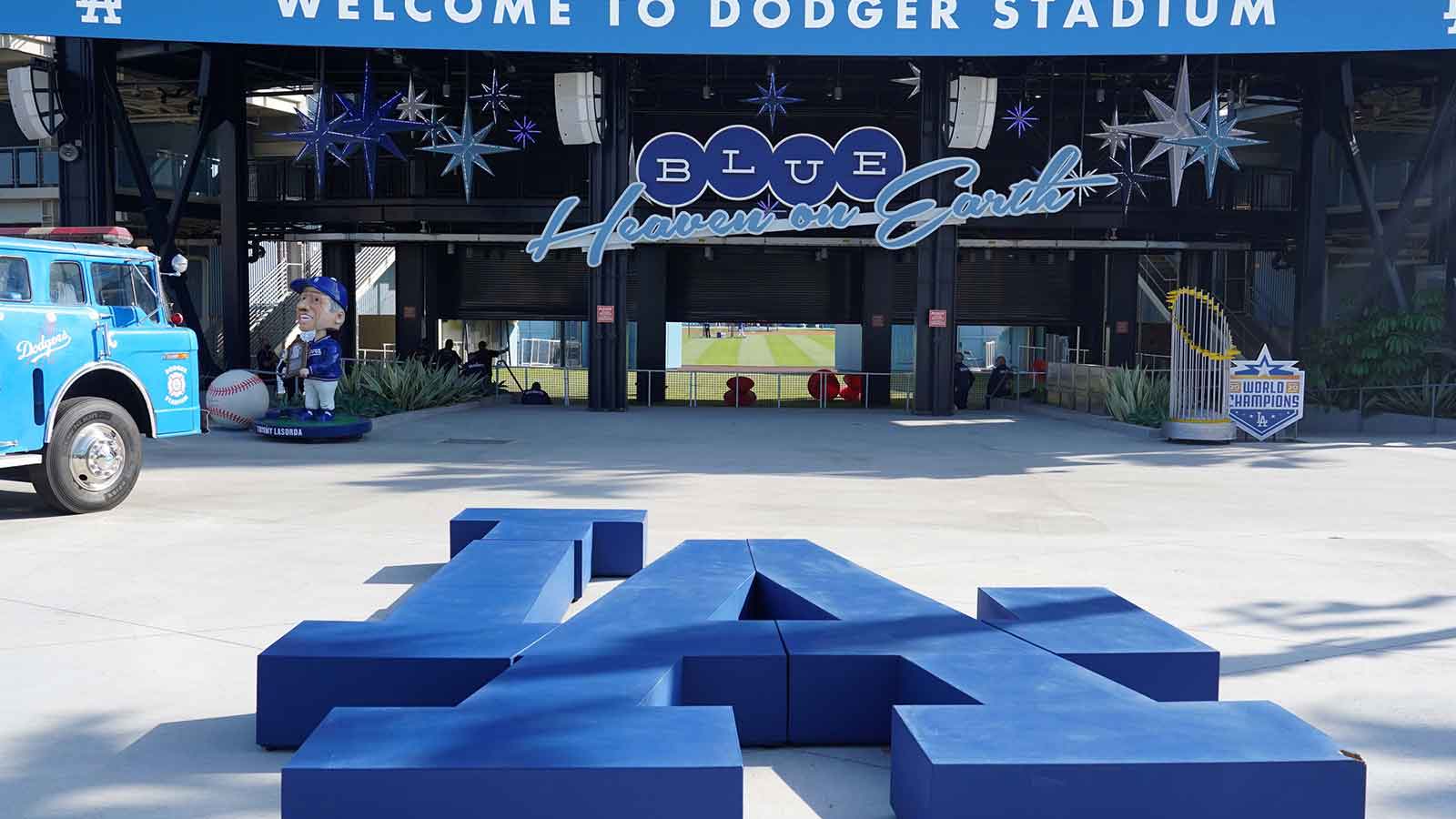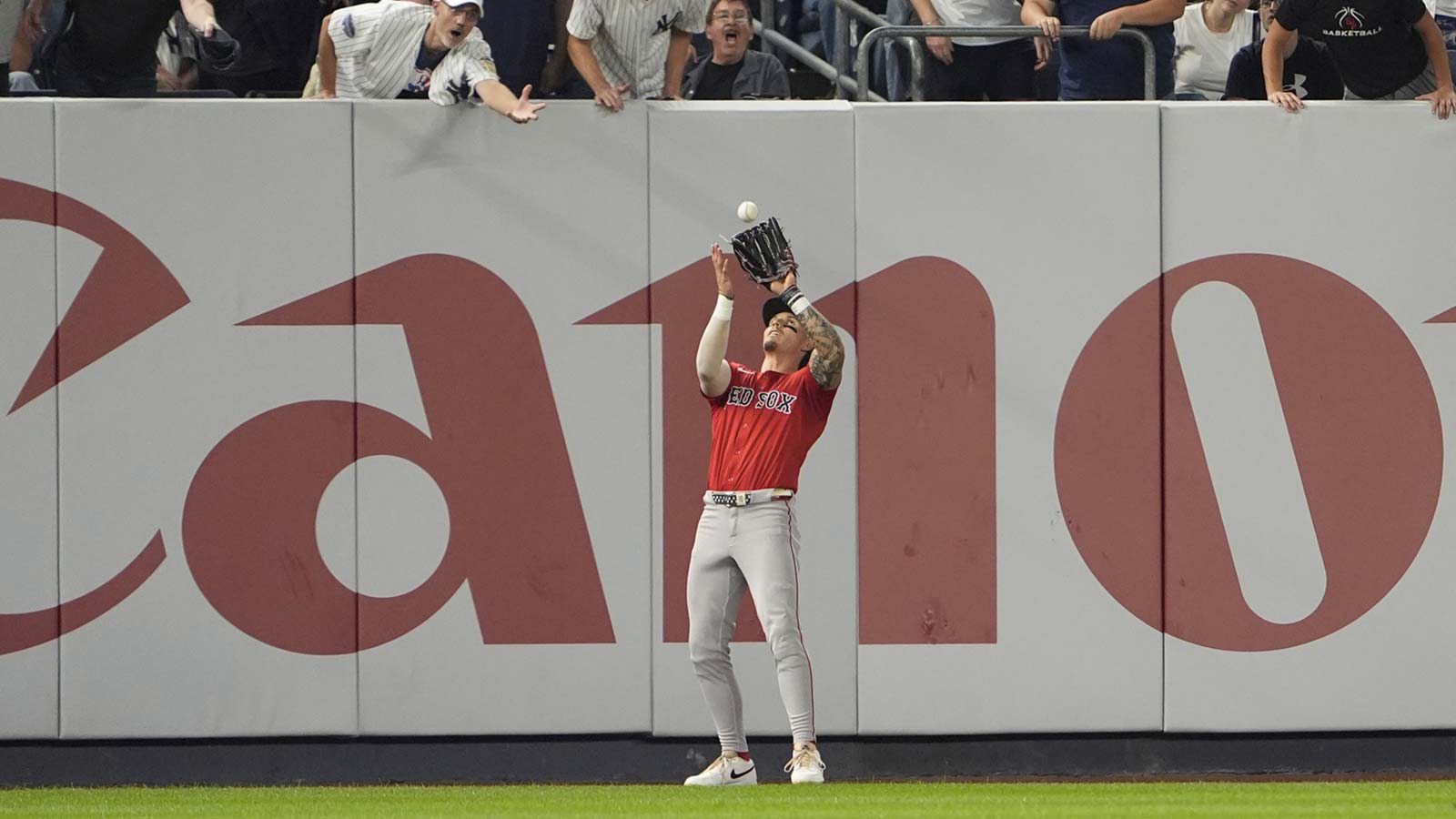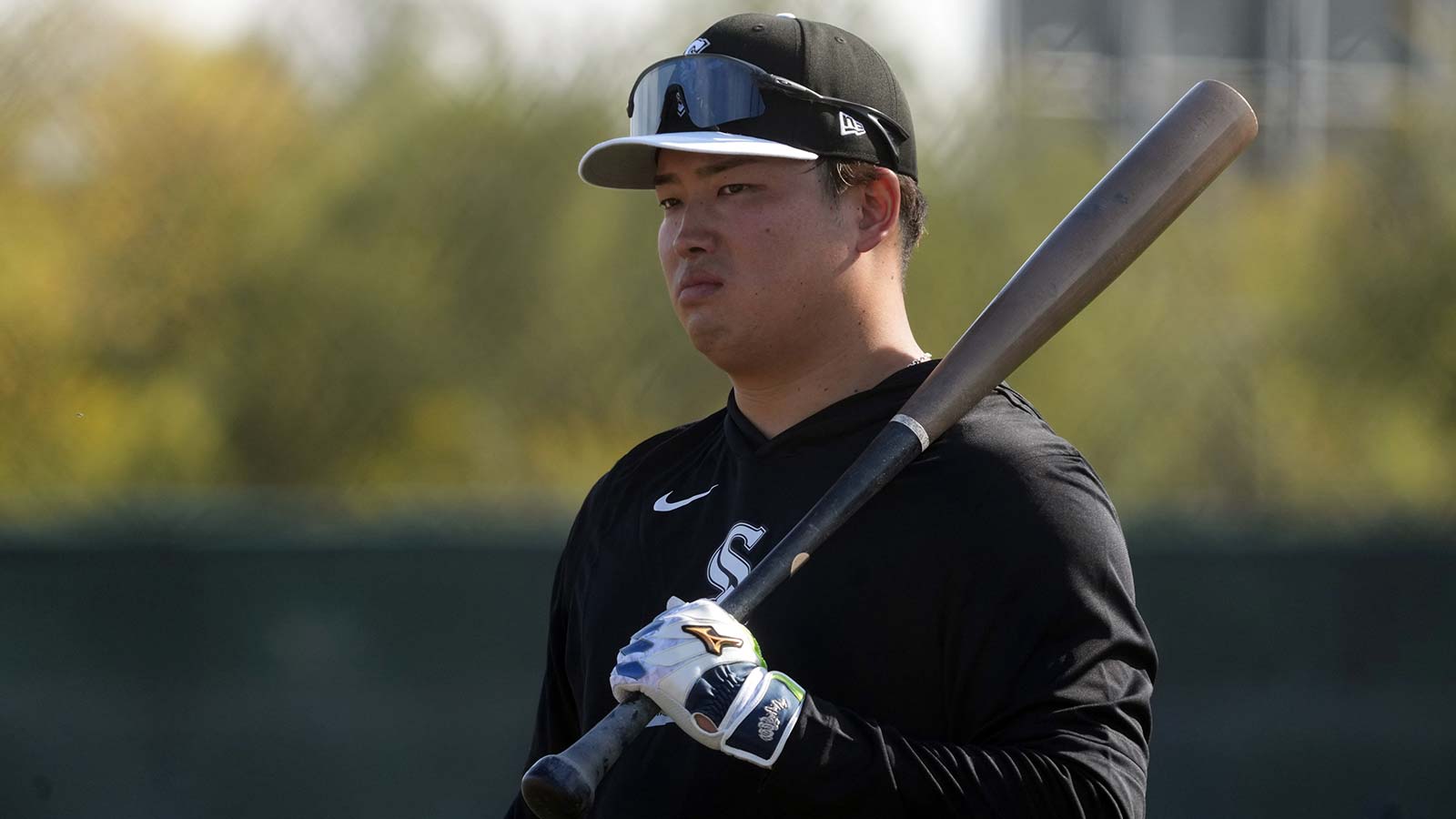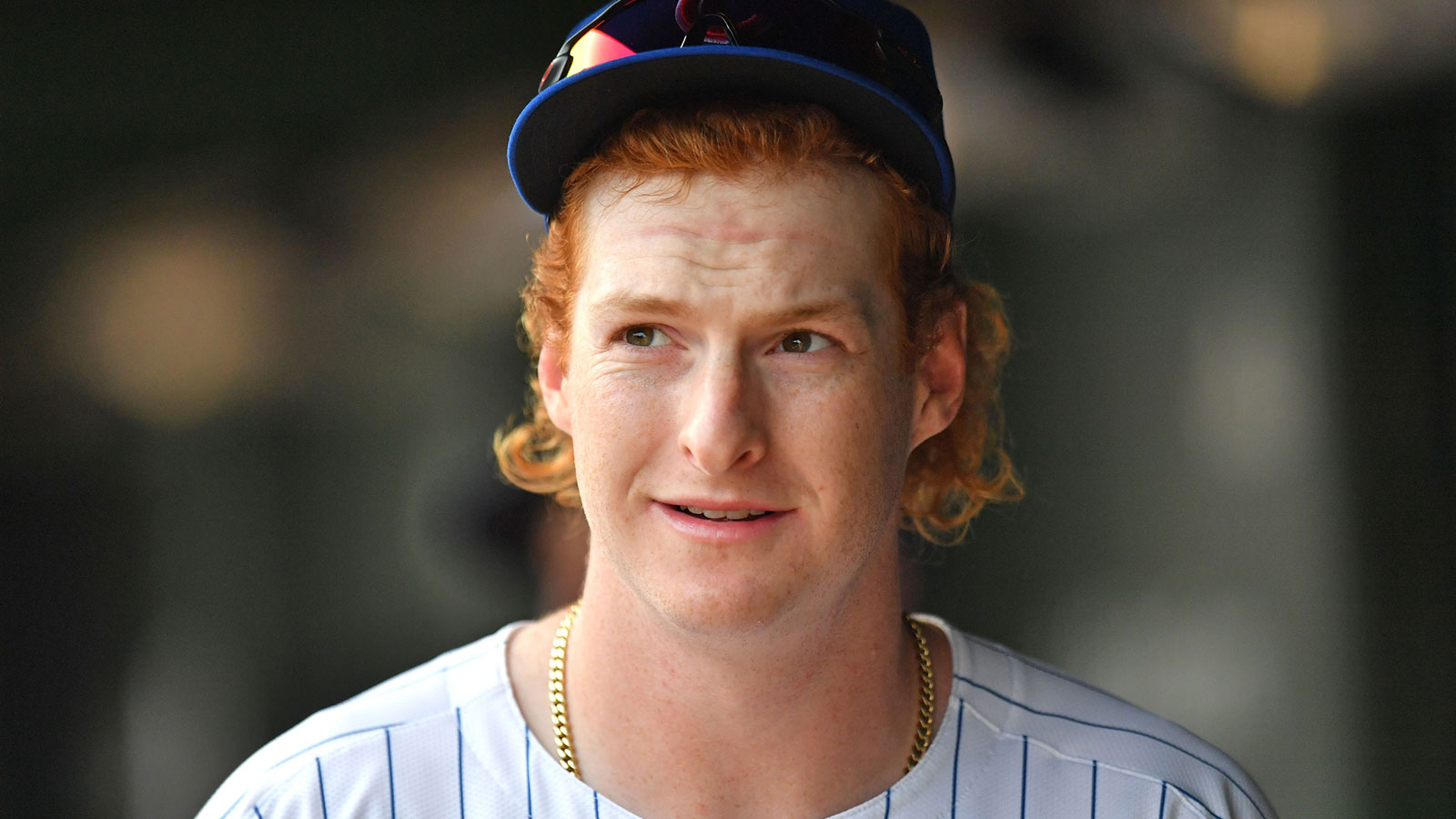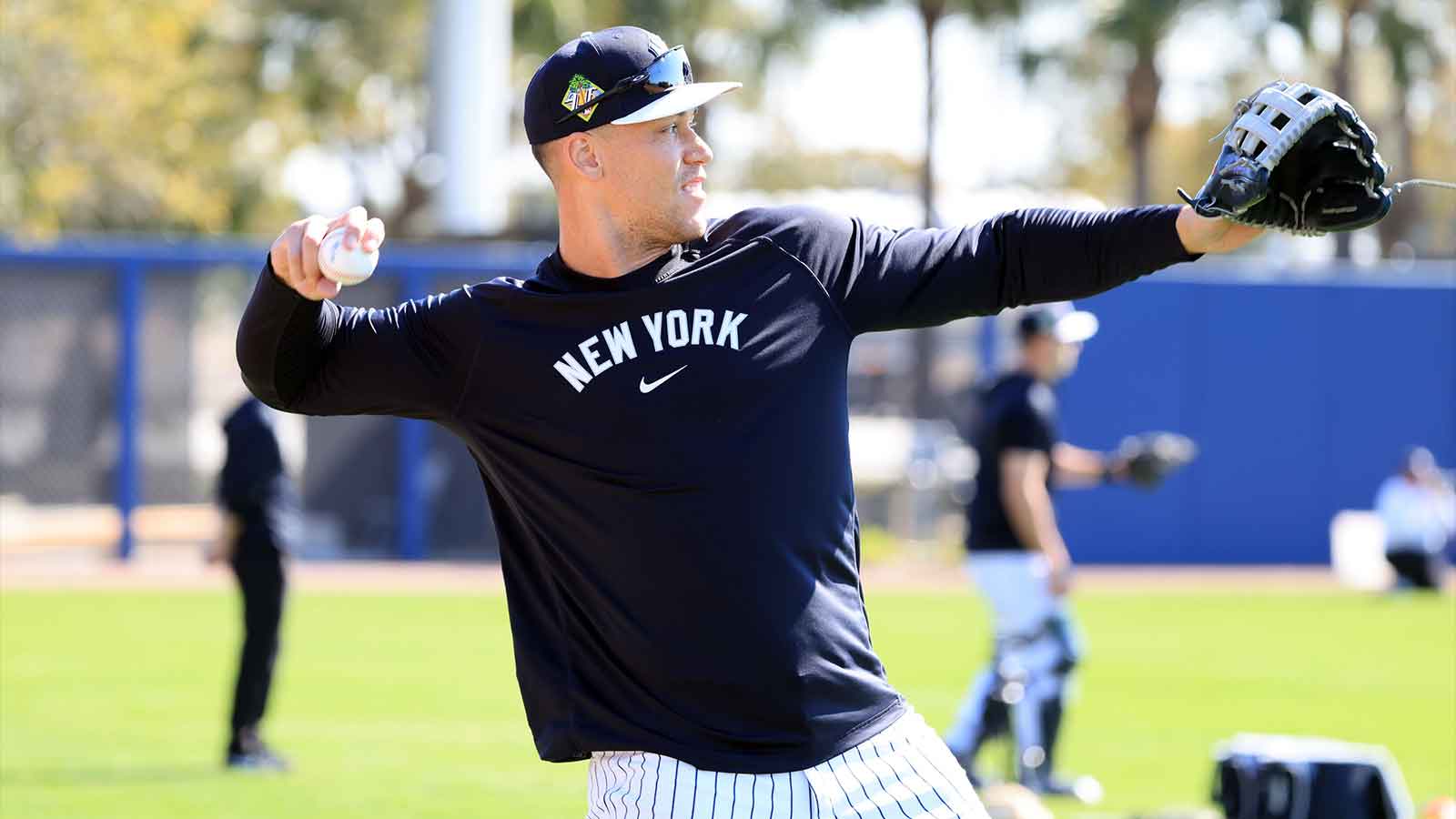President Donald Trump’s vocal support for Pete Rose helped influence Major League Baseball’s decision to posthumously reinstate the all-time hits leader in May 2025, according to Commissioner Rob Manfred.
Rose, who passed away in September 2024, had been permanently banned from baseball since 1989 for gambling on games involving the Cincinnati Reds, the team he managed at the time. Despite multiple applications for reinstatement, he remained ineligible until MLB changed its policy earlier this year—permitting posthumous reinstatement for individuals no longer deemed a threat to the sport.
In a report from The Athletic’s Evan Drellich, Manfred acknowledged that political voices played a part in the ruling.
“The President was one of a number of voices that was supportive of the idea that this was the right decision,” Manfred said at MLB’s headquarters.
“Obviously, I have respect for the office and the advice that he gave. I paid attention to it. But I had a lot of other people that were weighing in on the topic as well.”
In February, President Trump posted a statement on Truth Social advocating for Rose’s reinstatement.
“Over the next few weeks I will be signing a complete pardon of Pete Rose, who shouldn’t have been gambling on baseball, but only bet on his team winning,” Trump wrote.
“He never betted against himself, or the other team. He had the most hits, by far, in baseball history, and won more games than anyone in sports history.”
Rose’s reinstatement does not guarantee his induction into the Hall of Fame, but it allows him to be considered by the Classic Baseball Era Committee, which next meets in 2027. Rose must be nominated and receive at least 75% of votes to gain entry.
The decision has stirred debate across the league. Some hail it as long overdue, given Rose’s accomplishments. Others argue that lifting the ban—even after death—sets a precedent where political influence and celebrity could bend baseball’s most sacred rules.
Regardless, Rose’s status is no longer in limbo. Whether he earns a plaque in Cooperstown will be decided not by commissioners or politicians, but by Hall of Fame voters.

